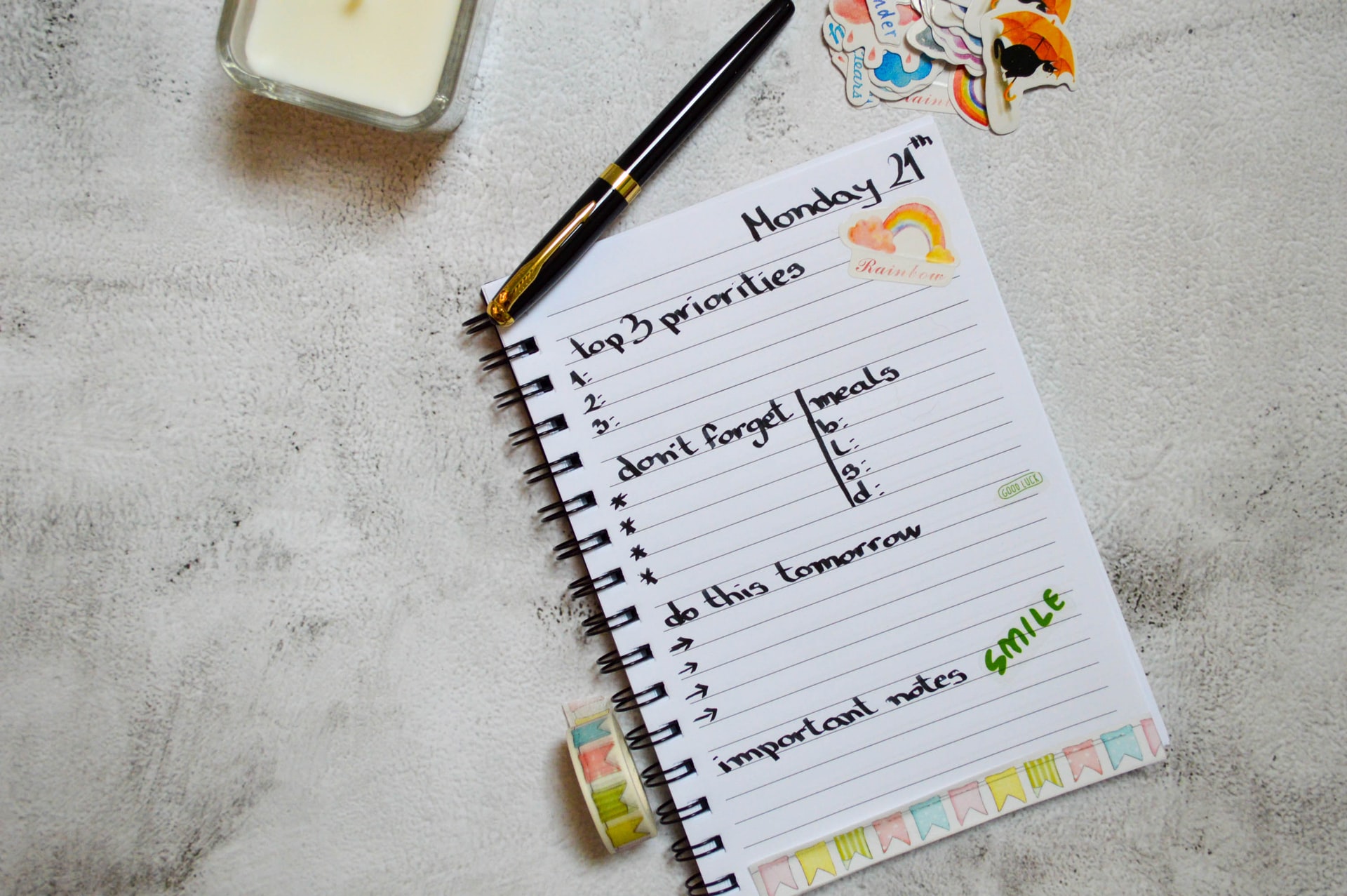There are many great reasons to embrace slow thinking habits. One important one is that it forces you to act instead of reacting to what life or work throws at you. When you take the time to step back and think about what you’re about to do, you’re more likely to go in with a plan. You make the time to formulate a strategy. Then you’re ready to jump in by taking deliberate action. Think of it as a step-by-step process.
Instead of reacting when someone approaches you about a new project for example, or a friend asks you to watch their kids for the weekend, you stop and think about what’s involved. You come up with a plan. This does two things for you. First and foremost, planning helps you decide if this is something you can and should be doing in the first place. And if it’s something you should be doing right now.
Yes, there are things we can’t say “no” to, but often, there is a choice. By planning your day, your week, your month, and whatever requests come your way, you can usually tell very quickly if it’s something that will work for you. Planning allows you to adjust your other obligations as needed. It can also give you a good “out” if it’s something you can’t or don’t want to fit in. It’s much easier to tell your boss you can’t take on a new project when you can show him or her that your calendar is already full.
Once you have a rough plan, and you’ve committed to the project or request, it’s time to come up with a strategy. Sometimes this is as simple as deciding to get it done, but other times, it involves a little more planning. Maybe you need to figure out who else to bring on to help you get something done. Other times it will involve breaking the project down into individual tasks and deciding on the best order to complete them in. In the case of watching your friend’s children, it may involve planning some fun outings and making sure you have kid-appropriate food in the house. You get the idea.
Last but not least, it’s time to take deliberate daily action. A great way to make sure this happens is to write out a daily to-do list. Jot down everything you need to do today to move closer to your ultimate goal of completing the project. Weigh these tasks against everything else you need to get done today and come up with a short list of just three “must-dos” for yourself. These are the most important and most urgent tasks for the day, the things that have to get done. Make it a habit to never end your workday without having these three things checked off your list. That alone will quickly boost your productivity.
Don’t forget that it all starts with slow thinking. You must start by taking the time to think things through and make some important decisions early on that will set the tone for the rest of the project, task, or favor. It’s not an easy habit to cultivate. We’re often tempted to jump in and get things done. I encourage you to try it and see for yourself how well slow thinking will serve you and how it can help you do more in less time.





Pingback: Let’s Recap 30 Days of Encouraging Slow Thinking – Helping Others Help Themselves